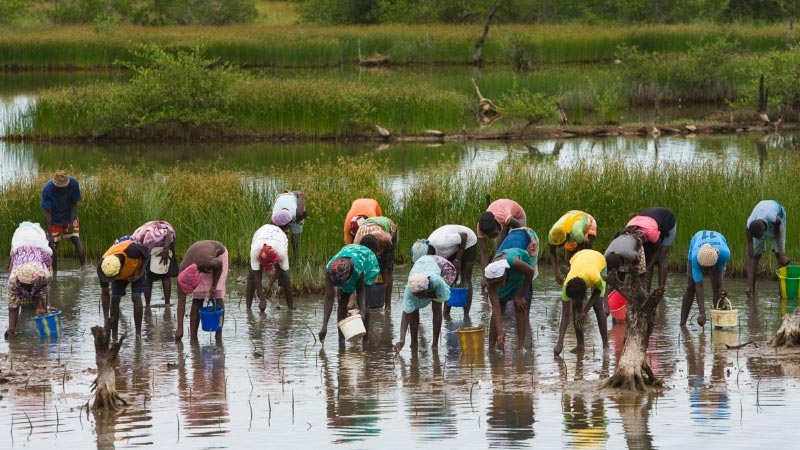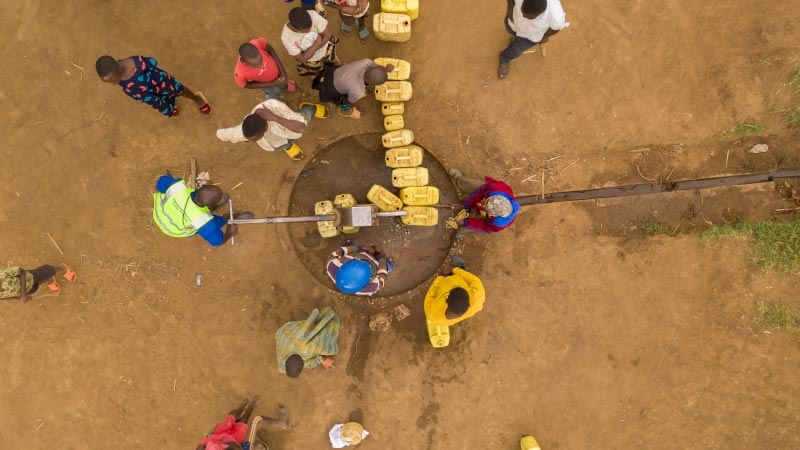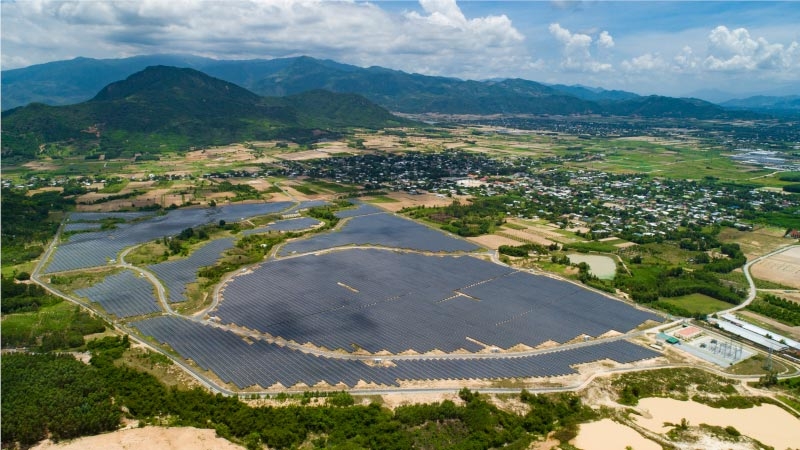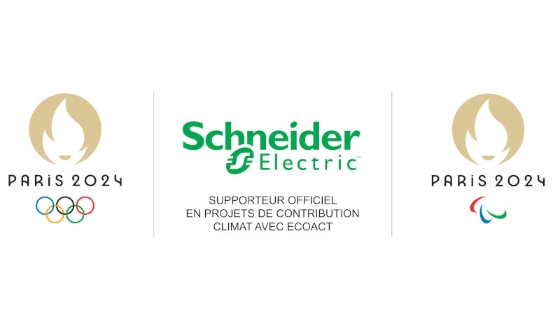The Paris 2024 Olympic and Paralympic Games aim to reduce their climate impact by taking action on two fronts: reducing their emissions across all aspects of the event’s organization and supporting projects to capture or avoid carbon emissions in France and around the world.
As a global leader in the carbon market with our subsidiary EcoAct, Schneider Electric is proud to be able to support Paris 2024 in the selection of climate contribution projects located in Vietnam, Rwanda, and Senegal.
Presentation of the three climate contribution projects
Located in Vietnam, Rwanda, and Senegal, these three projects meet the requirements defined by Paris 2024. In addition to their climate contribution, they bring co-benefits to biodiversity and local communities, and contribute to Sustainable Development Goals.
Livelihood Mangrove Restoration
Senegal
Since the 1970s, Senegal has lost 45,000 hectares of mangroves, due to droughts, deforestation, and urbanization. The Livelihoods project aims to restore these biodiversity-rich ecosystems. More than 10,000 hectares of mangroves have been restored to date. 80 million trees have been planted to recreate ecosystems. Local communities can grow rice again.

Nyaga Water Access
Rwanda
In Rwanda, only 57% of the population has access to safe drinking water within 30 minutes. Rural populations drink unsafe water most of the time. The Nyaga project is rehabilitating wells to provide access to safe drinking water. 108 wells have been rehabilitated and benefit more than 35,000 inhabitants, thus greatly reducing water-borne diseases as well as the wood used to boil water, reducing deforestation and CO2 emissions.

Cam An Nam Solar
Vietnam
In 2021, Vietnam's energy mix was 80% based on fossil fuels. Now, the country is accelerating the development of renewable energies. In 2021, solar and wind represented less than 5% of the energy mix. The Cam An Nam Solar project enabled the development of a 50 MW photovoltaic power plant. 38 jobs created and numerous co-benefits for local communities, thus reducing Vietnam’s dependence on fossil fuels and electricity imports.



